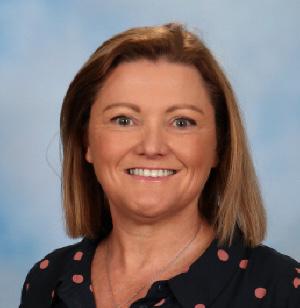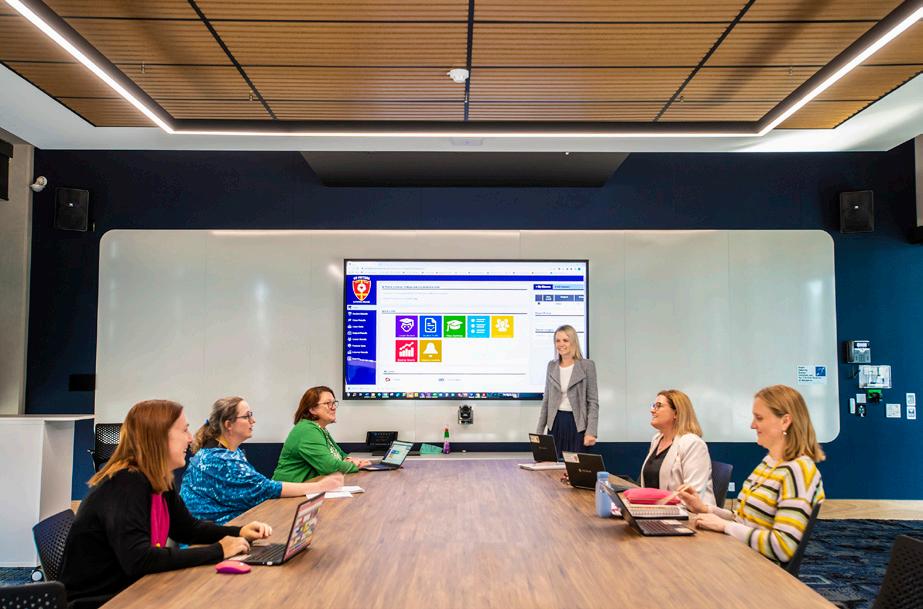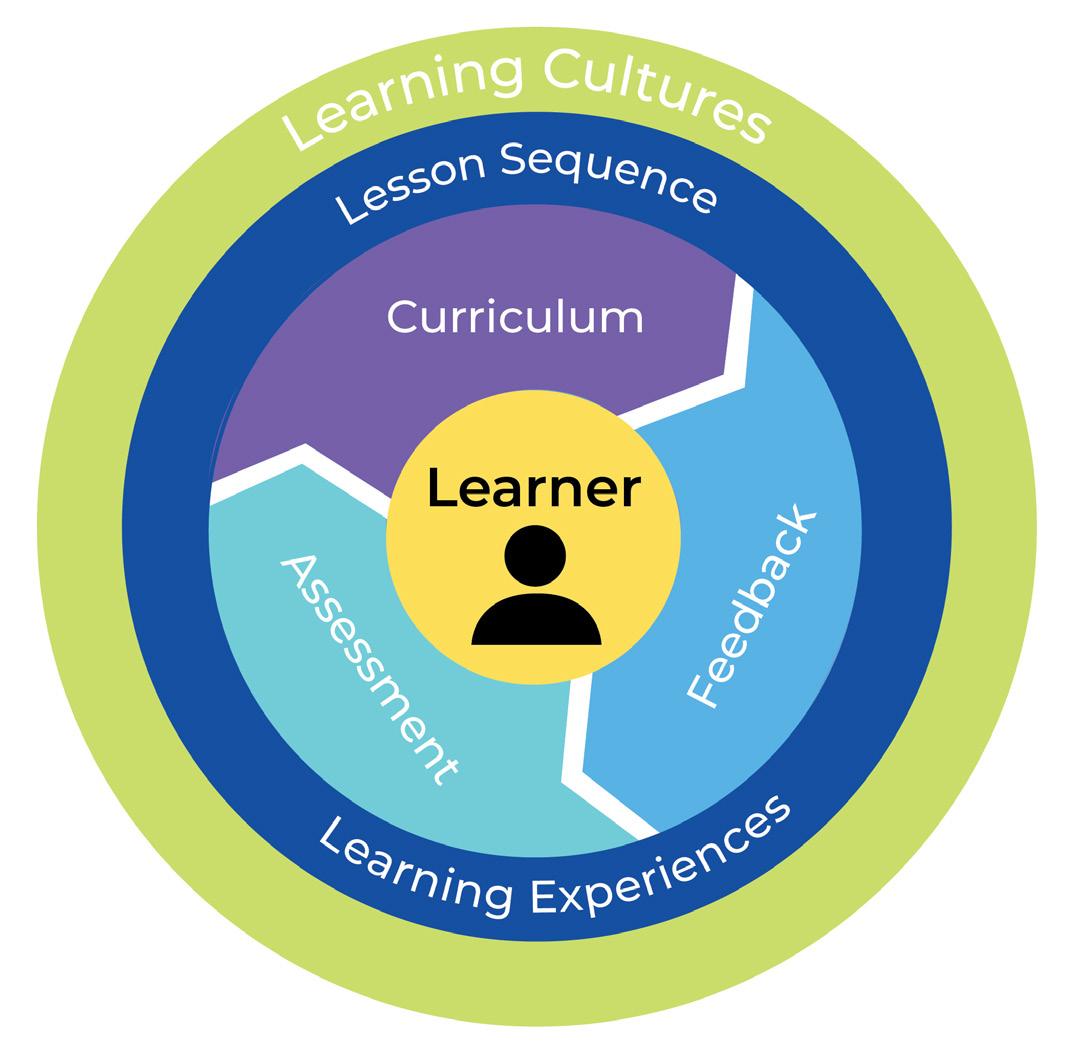
3 minute read
TEACHERS COLLABORATING IN COMMUNITIES OF PRACTICE
St Peters Lutheran College recognises the vital role that teacher collaboration and continuous professional development play in delivering excellence in education.

RACHAEL YATES E-Learning Coordinator
St Peters Lutheran College recognises the vital role that teacher collaboration and continuous professional development play in delivering excellence in education. To foster a culture of teacher collaboration and growth, Communities of Practice have been implemented across the College in various ways. These networks bring together educators from diverse areas, year levels and departments, enabling opportunities for teachers to come together to grow and learn from each other in organised and supported ways.
About Communities of Practice (CoPs)
Communities of Practice (CoPs) are groups of people who come together to engage in collective learning and the sharing of knowledge, ideas and practice. They are valuable for the College for many reasons. Some of the key benefits of the implementation of CoPs at St Peters are: Teacher growth: CoPs provide a platform for teachers to share their expertise, knowledge and best practices with one another, enabling new insights and ideas for classroom practice. Also, Self-determination Theory tells us that motivation stems from finding mastery, autonomy and purpose in our lives and that this leads to feelings of wellbeing and self-fulfilment. CoPs enables individuals to make incremental improvements to their own practice, providing avenues to mastery and autonomy.
Collective teacher efficacy: The concept that reflects the collective belief among teachers in their ability to positively impact student learning outcomes. Furthermore, the concept of collective teacher efficacy emphasises the power of collaboration and collective action in education. Research has shown that collective teacher efficacy has a significant impact on student achievement.
Teacher collaboration: CoPs provides teachers with the opportunity and time to concentrate on specific areas of practice, carefully chosen to align with the College direction, and evidence-informed topics. Within a collaborative environment, teachers can explore and experiment to adapt teaching and learning practices. This gives teachers across different year levels and departments the opportunity to collaborate and break down barriers that may exist.
CoPs in the Secondary Years
In the Secondary CoP program, all teachers in Years 7-12 are assigned to a CoP group consisting of approximately eight members. Groups meet fortnightly during the school day. Each term a new focus topic is chosen for all CoP groups to work on. However, the direction each group takes will differ as the structure is open-ended allowing for teacher agency. During meetings, the group may explore resources, discuss and share ideas for implementation and reflect on practice. The program commenced in 2022 and has explored the following topics so far: teacher clarity; feedback; innovation; collaborative learning and using data as evidence.
The Secondary CoP program links closely to the Teaching and Learning Framework, a bespoke model for St Peters that draws from international research and teacher expertise from across our College. The Framework guides and supports the planning, delivery and assessment of learning and is underpinned by the College values and strategic direction. The Teaching and Learning Framework consists of the following areas: Curriculum, Assessment, Learner Skills, Learning Culture, Feedback and Pedagogy (Lesson Sequence and Learning Experiences).
CoPs in the Primary Years
Staff in the Primary Years began their CoPs journey two years ago as we undertook our Primary Years Programme Evaluation. At the time, teachers were able to interrogate our teaching and learning program to ensure that it represented the standards and practices of the International Baccalaureate (IB) programme. Such a process allowed all staff a voice in our evaluation and ownership of the next steps that we needed to take as members of the learning community.
Fast forward to this year and we have begun looking at the work of Tom Sherrington who uses a model called 'Walk Thrus' and whilst we are still in the initial phases, it is giving us a common language for a variety of everyday practices. This gives a common goal and supports our students as they move around the campus. So far this year, we have been looking at Establishing Routines,
Building Relationships and now we are looking more specifically at practices in giving feedback to students about their learning.
These valuable conversations have a positive impact on our learning community. Not only do they invite colleagues into each other's spaces to share and learn from peers, but they also open dialogue between staff who do not always get a chance to engage with other year levels. Like our students, our teachers are keen learners and are always looking for ways to improve. This quote from Dylan Wiliam a leading expert in the field of education captures our approach to CoPs:
"If we create a culture where every teacher believes they need to improve, not because they are not good enough but because they can be even better, there is no limit to what we can achieve".












